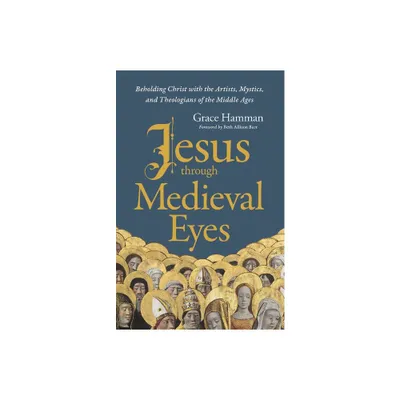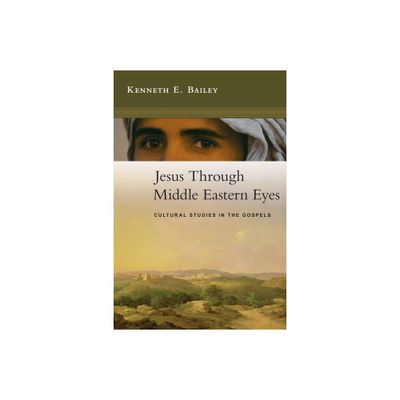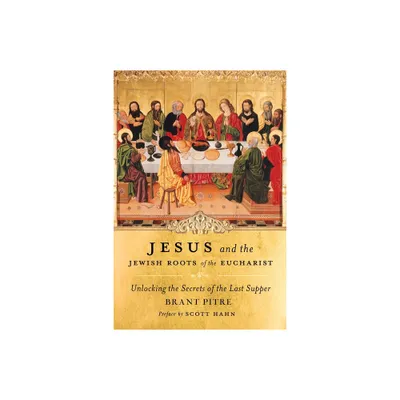Home
Brother Jesus: The Nazarene through Jewish Eyes
Loading Inventory...
Barnes and Noble
Brother Jesus: The Nazarene through Jewish Eyes
Current price: $99.95


Barnes and Noble
Brother Jesus: The Nazarene through Jewish Eyes
Current price: $99.95
Loading Inventory...
Size: Hardcover
*Product Information may vary - to confirm product availability, pricing, and additional information please contact Barnes and Noble
No matter what we would make of Jesus, says Schalom Ben-Chorin, he was first a Jewish man in a Jewish land. Brother Jesus leads us through the twists and turns of history to reveal the figure who extends a "brotherly hand" to the author as a fellow Jew.
Ben-Chorin's reach is astounding as he moves easily between literature, law, etymology, psychology, and theology to recover "Jesus' picture from the Christian overpainting." A commanding scholar of the historical Jesus who also devoted his life to widening Jewish-Christian dialogue, Ben-Chorin ranges across such events as the wedding at Cana, the Last Supper, and the crucifixion to reveal, in contemporary Christianity, traces of the Jewish codes and customs in which Jesus was immersed. Not only do we see how and why these events also resonate with Jews, but we are brought closer to Christianity in its primitive state: radical, directionless, even pagan.
Early in his book, Ben-Chorin writes, "the belief of Jesus unifies us, but the belief in Jesus divides us." It is the kind of paradox from which arise endless questions or, as Ben-Chorin would have it, endless opportunities for Jews and Christians to come together for meaningful, mutual discovery.
Ben-Chorin's reach is astounding as he moves easily between literature, law, etymology, psychology, and theology to recover "Jesus' picture from the Christian overpainting." A commanding scholar of the historical Jesus who also devoted his life to widening Jewish-Christian dialogue, Ben-Chorin ranges across such events as the wedding at Cana, the Last Supper, and the crucifixion to reveal, in contemporary Christianity, traces of the Jewish codes and customs in which Jesus was immersed. Not only do we see how and why these events also resonate with Jews, but we are brought closer to Christianity in its primitive state: radical, directionless, even pagan.
Early in his book, Ben-Chorin writes, "the belief of Jesus unifies us, but the belief in Jesus divides us." It is the kind of paradox from which arise endless questions or, as Ben-Chorin would have it, endless opportunities for Jews and Christians to come together for meaningful, mutual discovery.


















